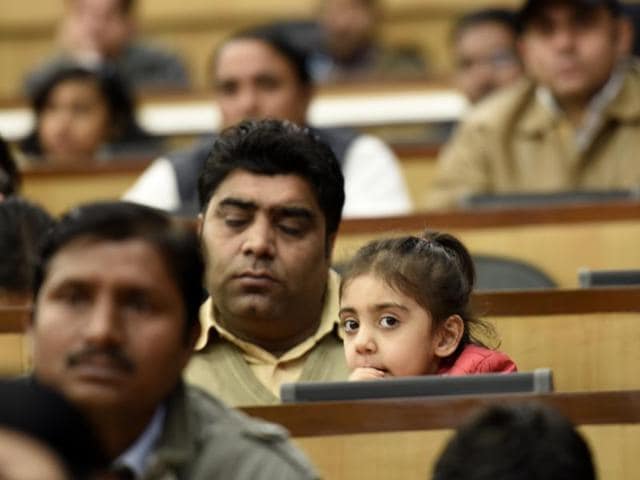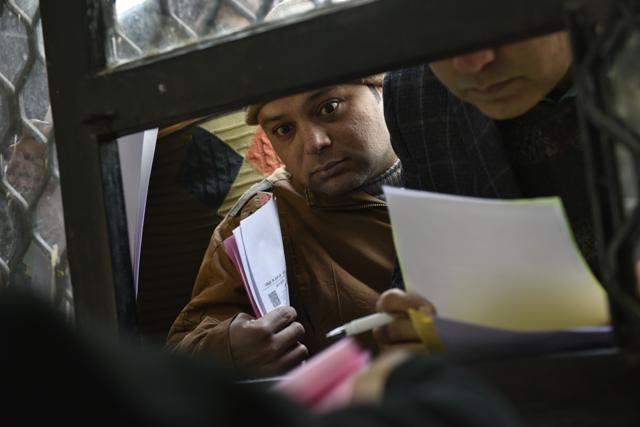Our struggle for an education: Delhi’s great nursery admission mess
If Delhi can have world-class state-sponsored colleges, why not schools? And with a budget that saw 106% jump last year, and a government that claims education is a priority, it looks all the more possible writes Neha Pushkarna
A few years ago, education reporters in Delhi had a private joke. Between December and March every year, it got difficult to get through to a school principal. This was perhaps the time when principals of private schools went underground. More popular the school, more difficult it was to trace its principal.

Once, a principal answered the phone in a voice too squeaky for her frame. After a deep sigh on realising it was just a harmless reporter on the other side, she said, “I thought it was the minister’s staff again. The whole world is after me.” In her grudge was the truth of the crisis Delhi faces every year from winter to spring.
One thing that the national capital could never get right, besides its roads and nightlife, is the nursery admission process. For 100 or 200 pre-school seats, a top private school receives 2,000 to 4,000 applications every year. Even as parents of the three-year-olds sit in deep prayers, schools spend several days to calculate who can be left out. And most are.

In 2007, when the high court banned interviews for admission in nursery, things were finally looking up for parents. The 100-point formula devised by the Ashok Ganguly Committee to replace the interview process was near perfect. But each time private schools worked their way around it, Delhi government showed up with rejoinders and fresh guidelines. In a flowchanrt-kind-of-a-way, litigation would follow. The matter of nursery admissions has been in court for at least five times in the last nine years.
Read| Nursery admissions: What HC order on management quota means
Nursery admissions in the city are a lot about aspirations and heartbreaks. Bhatias of Patel Nagar and Shuklas of Vasant Kunj want their ‘sugar-pies’ to go to a school that has colourful classrooms, a curriculum enhanced with field trips and book clubs, and buses that are air-conditioned. Since only 1187 private schools exist, with only about 100 of them matching the wish list (and just 15-20 of them well-known), the chaos for that elusive nursery seat rises exponentially each year. There are approximately 1.25 lakh nursery seats in these schools. According to rough estimates, the number of children applying is three to four times.
Even as a fresh set of about four lakh children gets ready for nursery admissions each year, the role of the government remains only supervisory. Delhi government plays a proactive role in making sure private schools agree to provide quality education, select students through a fair process and reserve 25% seats for the poor. But so far it has never played saviour by creating good quality schools for all children, their social status notwithstanding.
Read| Private schools do not have absolute autonomy: Government
The Sheila Dikshit government had briefly thought about setting up schools in collaboration with private players, but the plan could not even be put down on paper. The government didn’t create more options even when the number of nursery seats in private schools went down by a quarter after the Right to Education Act was enforced.
Private schools can’t be relied on to meet the demand; it’s only the government that can increase provide more seats. But the government remains occupied with fixing toilets and floating tenders for potable water supply in its own schools.
Read: HC stays AAP government order fixing 4-year age limit for nursery
If Delhi can have world-class state-sponsored colleges, why not schools? And with a budget that saw 106% jump last year, and a government that claims education is a priority, it looks all the more possible.
Private schools can still play by government rules. But it’s high time the game belonged to the government.
(The views expressed are personal)





